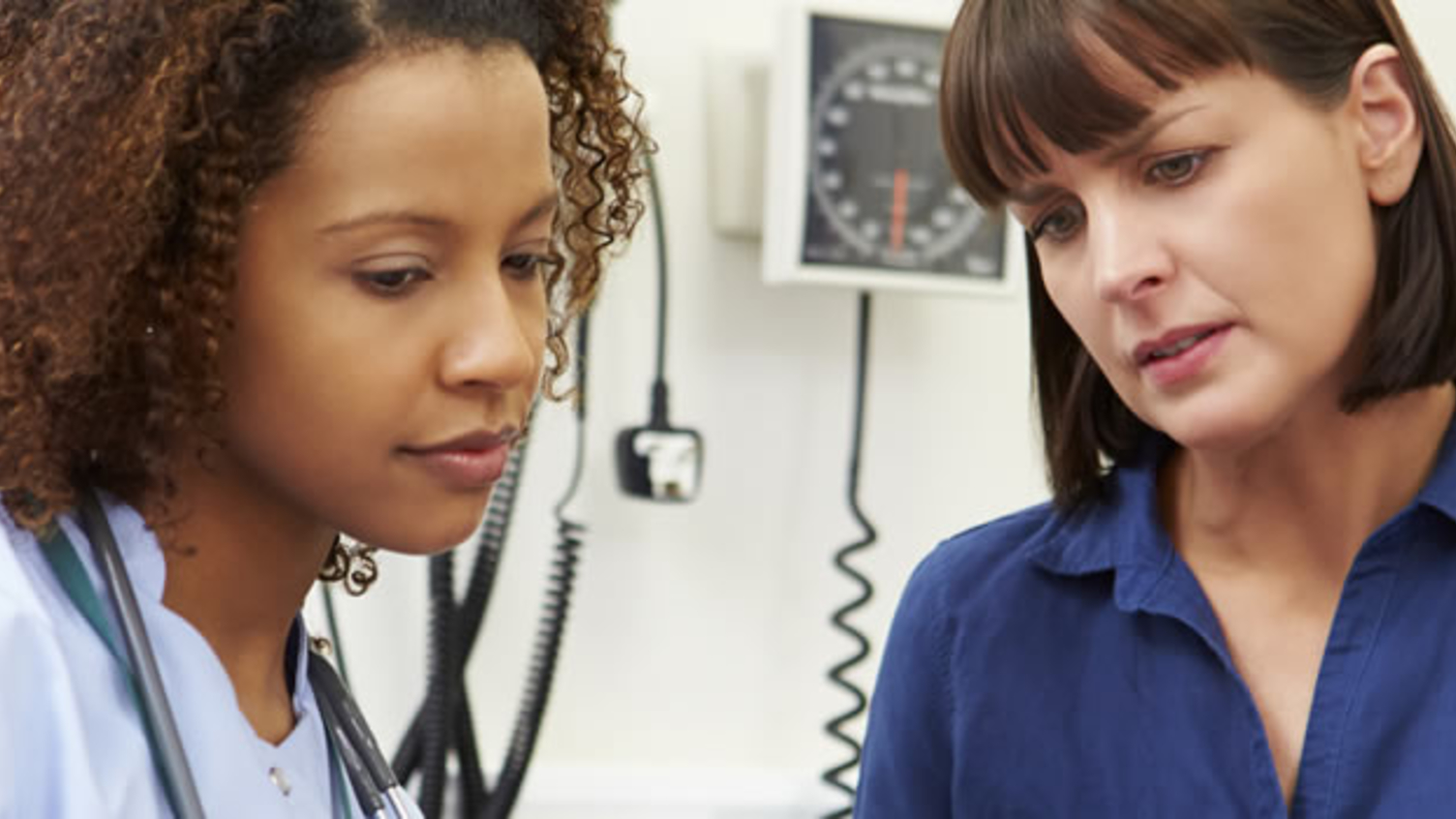Endometriosis

About this Priority Setting Partnership
Endometriosis affects an estimated 1 in 10 women during their reproductive years. Through this PSP women with endometriosis, people who support them, and clinicians who treat them worked together to agree which are the most important uncertainties in Endometriosis for future research to answer.
Led by the University of Edinburgh, this PSP began its work in November 2015. It aimed to shape the future Endometriosis research agenda and act as a catalyst for more research in this area. The first survey was answered by 1,225 people from the UK and Ireland, who submitted 4,767 uncertainties between them. A further 111 research uncertainties were identified from literature searches. After removing questions that had already been answered and combining very similar questions, 72 confirmed uncertainties were listed in the interim priority setting survey and 1,418 people voted on the questions that were most important to them.
The Endometriosis PSP published its Top 10 in May 2017.
Key documents
Top 10 priorities
- Can a cure be developed for endometriosis?
- What causes endometriosis?
- What are the most effective ways of educating healthcare professionals throughout the healthcare system resulting in reduced time to diagnosis and improved treatment and care of women with endometriosis?
- Is it possible to develop a non-invasive screening tool to aid the diagnosis of endometriosis?
- What are the most effective ways of maximising and/or maintaining fertility in women with confirmed or suspected endometriosis?
- How can the diagnosis of endometriosis be improved?
- What is the most effective way of managing the emotional and/or psychological and/or fatigue impact of living with endometriosis (including medical, non-medical and self-management methods)?
- What are the outcomes and/or success rates for surgical or medical treatments which aim to cure or treat endometriosis, rather than manage it?
- What is the most effective way of stopping endometriosis progressing and/or spreading to other organs (e.g. after surgery)?
- What are the most effective non-surgical ways of managing endometriosis-related pain and/or symptoms (medical/nonmedical)?
The following questions were also discussed and put in order of priority at the workshop:
- Is there a link between endometriosis and auto-immune diseases, and endometriosis and/ or inflammatory disorders (e.g. MS, Lupus, RA, osteoarthritis, asthma, eczema and thyroid) and if so why?
- Is endometriosis hereditary and/or genetic?
- What are the benefits of different hormonal treatments (e.g. Mirena IUS, contraceptive pill, GnRH agonists and progestogens) in managing the symptoms of endometriosis?
- What can be done to stop endometriosis from recurring (e.g. after treatment)?
- What is the best way to monitor disease progress (e.g. regular check-up) once diagnosed with endometriosis?
- What are the reasons for lack of access to treatment for endometriosis (e.g. surgical, medical, non-medical, lack of specialists)?
- What is the natural history of endometriosis (e.g. how, and how quickly, does it progress and spread)?
- How can endometriosis be prevented?
- Does life style affect endometriosis (e.g. food, exercise, stress, alcohol)?
- How do we get endometriosis and its impact on employment and employability recognised by employers and those dealing with the unemployed?
- Are women with endometriosis at an increased risk of cancers, and if so which and how they can be prevented?
- What can be done to reduce the risk and/or development of adhesions following treatment for endometriosis (e.g. surgery)?
- How can we prevent endometriosis in women and/or young girls with a family history of the disease?
- In what circumstances should endometriosis be classified and/or recognised as a disability?
- Why does endometriosis and/or symptoms recur after treatment, and how likely and/or quickly is it that endometriosis recurs after different treatments (medical treatment; surgical removal disease; hysterectomy)?
- Is there a link between endometriosis and/or other chronic medical conditions?
- Why do women with endometriosis have difficulty getting pregnant?
- Why do women with endometriosis suffer from fatigue?
- What is the efficacy of dietary regimes and/or nutritional supplements (e.g. dairy, non-dairy, gluten-free, vitamin B6, fish oils, and black cohosh) in managing the symptoms of endometriosis?
- How does endometriosis affect mental wellbeing (e.g. low mood, depression, lack of energy, stress, anxiety)?
Document downloads
For full details of all of the questions identified by this PSP, please see the document below.